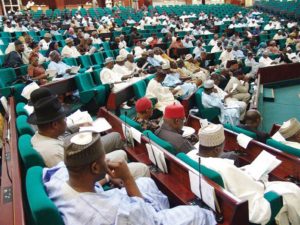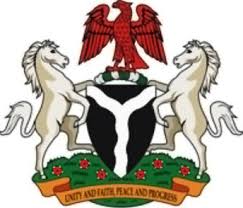Revive textile industry now, Reps charge

The House therefore called on the Federal Government to as a matter of urgency ensure the revival of the textile industries in Kaduna and Kano states as this it enthused would create job opportunities.
This is even as it acknowledged the need to include special intervention funds in the 2017 budget to facilitate the early revival of the sections.
The resolutions followed a motion on the urgent need to revive the textile industries in Kaduna and Kano axis, sponsored by Hon. Sunday Marshall Katung and 40 others.
Speaking on the debate, Katung noted that the Nigerian textile industry blossomed in the 60s and 70s following committed government interventionist schemes such as the ban on importation of textiles which drove many investors into the sector.
Noting also that Kaduna was referred to as the textile city because it was home to giant integrated Mills and with the headquarters of the Nigerian Manufacturers Association in the city, Katung said that the state then, could boast of about eleven textile firms providing employment and business opportunities to thousands of people.
The lawmaker averred that Kaduna textile mill which was established in 1957 was shut down in 2002 and it’s over 7000 employees laid off.
According to him, the Nigerian textile industry which was the third largest in Africa in the 80s, generated as much as $2 billion annually with a capacity of producing more than 1.4 billion different pieces of textile products.
He expressed worry that with the lifting of the ban on textile importation in 2010, the country now has almost 80% of its textiles imported from China, Indonesia, Taiwan and other countries. This trend according to him, will not help the Nigerian economy in terms of employment/job creation and needed foreign exchange.
They also resolved to urge the Nigeria Custom Service to Increase surveillance at the country’s borders to check the activities of smugglers and ensure collection of the right tariff for all imported textiles and other related products.








